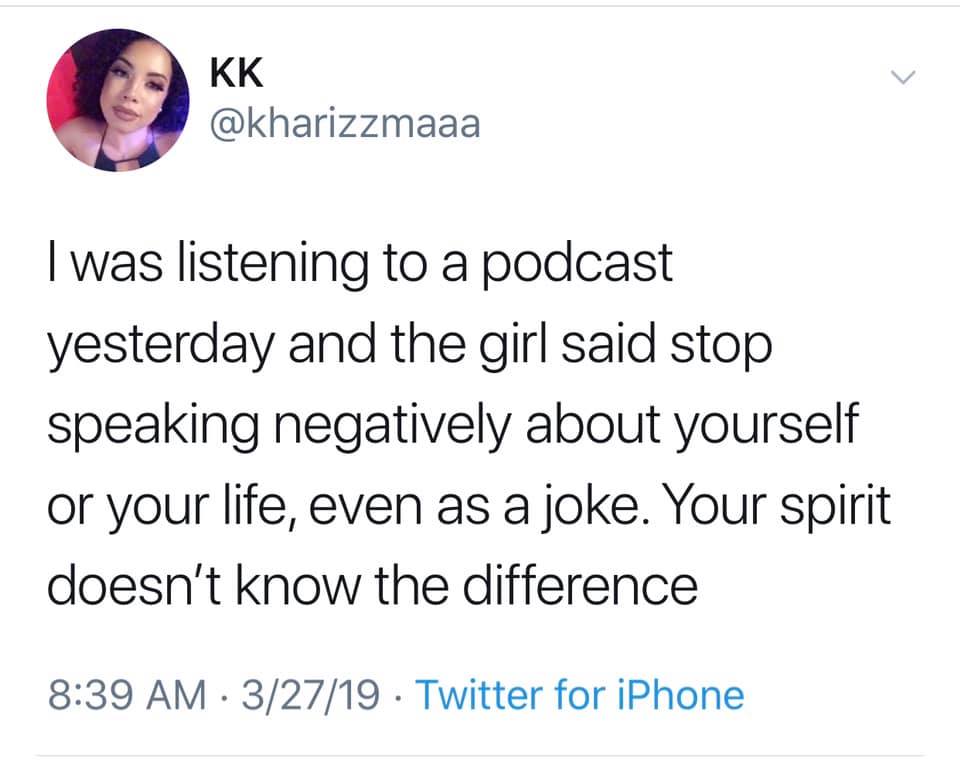
Recently I finished reading Grit by Angela Duckworth. She is a professor and psychological researcher at UPenn. Her work identifies what makes people resilient, determined, and unwilling to give up on their goals. Reading her book has taught me so much about myself. Well, listening to this book technically, since audiobooks are really the only way I manage to finish any books. (Everyone’s always saying, “Ugh I wish I had time to read for pleasure in grad school.” I said the same, and had resigned myself to the idea that I didn’t have time for books. Then I realized that if I have time to listen to podcasts then I could listen to audiobooks. Game changer.) Anyway, there were numerous times where I had to pause the book and really dig deep to investigate how I fit into her research findings. One of the most dramatic moments was when I learned about problem solving. I was forced to ask myself an important question…
When I encounter a problem do I:
a) focus on my character & capabilities
OR
b) focus on my actions
It was highlighted in Grit that essentially your answer will help bring to light whether you are an optimist or a pessimist when it comes to solving problems. According to Duckworth, pessimists (i.e. fixed mindset/ low grit) believe that problems are “permanent and pervasive”, whereas optimists (i.e. growth mindset/high grit) see issues as “temporary and specific”. For example, let’s say that at the end of the day you’re frustrated with the tiny amount of work you have actually completed. When confronted with this issue you ask, “Why wasn’t I very productive?” When I heard this example in the book I immediately thought, “Because I wasn’t efficient with my time.” And I was quite pleased with myself because my response aligned with the optimist response. However that satisfaction was short lived because next Duckworth shared the pessimist response and it stopped me dead in my tracks. That response was, “I just can’t seem to do anything right. I’m never productive.” Whoa. I might not have used those exact words but I’ve definitely repeated very similar negative scripts to myself over the years. This shocked me because I’m known to be a very positive person. How could I line up with both the optimist and the pessimist? What was going on?
Duckworth explained that how we viewed our problems fundamentally shaped our ability to solve said problems. When individuals think the issue is permanent and pervasive it often mirrors having a fixed mindset, and leads to people giving up prior to finding solutions. They feel like the problem is bigger than their abilities, and always will be, therefore there’s nothing they can do. They show very little grit or resolve. Alternatively, by viewing difficult situations as temporary and specific, individuals adopt a growth mindset. The problem is specific to whatever conditions led to it arising, not due to some deep character flaw of their own that “ALWAYS” seems to conjure it.
As I began to explore my patterns of behavior more deeply, certain themes began to emerge. Whenever I was frustrated about a past decision that put me in a tough spot in the present, I used that moment to berate myself. I adopted the permanent and pervasive narrative and I weaponized it to rebuke my poor choices. Shortly after reading about all of this in Duckworth’s book, I randomly came across this oddly motivating twitter screenshot on facebook. To be clear, it wasn’t odd to see something like this posted on my social media, but it was oddly specific to what I had been thinking about. (fear the robot overlords!)

This really hit me hard. Even if you’re not a person of faith like I am, maybe think of it as your inner self or inner voice. It’s all the same. After seeing this post, I began to catch myself saying negative things in more subtle ways; and it scared me because it meant I was constantly absorbing these harmful narratives. For example, last week I desperately needed to stretch my shoulders after a workout, but was running short on time. I had just finished doing a bunch of heavy bench press sets (yes I’m talking about crossfit again) and, due to an old injury in my right shoulder, I always try to spend extra time in recovery. Well, I was out of time and had to leave the gym. I could either do half the amount of time for both shoulders, or do the whole amount for just my right shoulder. I chose the latter. And the next morning my right shoulder felt great, but my left shoulder ached. I sat up in bed and said, “Why did I think only doing one shoulder was a good idea? I’m such a moron.”
Record scratch.
I couldn’t believe it. I had been awake for about 14 seconds and I was already talking to myself horribly. I took a deep breath and corrected the situation. I said, “You are NOT a moron. You were tight on time and had to make a decision. Now you know for the future that it’s probably better to stretch both sides even if you have to cut the time.” I transformed the script from permanent & pervasive (a me problem), to temporary & specific (a regular ole problem).
How often are you turning run of the mill, super ordinary, mundane problems in life into harsh critiques of your character and capabilities? Anything above zero is too many. So stop that.
I think a big part of it for me is that when I’m frustrated with a situation I take it out on myself. And that’s problematic because grad school is VERY frustrating. Maybe your experiments aren’t working or, more commonly, you simply have too much to do and seemingly not enough time to do it all. When that sense of overwhelm and frustration builds, remember to stick to the temporary & specific scripts.
I noticed that I would be upset about my productivity on certain days of the week. It was typically on days where I had lots of meetings, seminars, journal clubs, etc fragmenting my time. By shifting the perspective from the permanent & pervasive (Ugh. Why can’t you ever focus?) to temporary & specific (These interruptions make it hard for you to do deep work.) I could arrive at a workable solution. Now, on days where my time is fragmented, I plan to do more administrative tasks that don’t require a ton of focus, but also still really need to get done. I even started keeping a list of these tasks with an estimated amount of time to completion. So now, when I only have 35min between meetings, I can pick something off that list and knock it out. These small changes have made a world of difference; but I had to frame the problem properly in order to arrive at a meaningful solution.
“Productivity” is the source of so much angst in grad school. There’s always that nagging feeling that you’re not doing enough; so we’re all chasing this elusive sense of accomplishment or validation that we’re putting in the “right amount” of work. This situation isn’t going away anytime soon, so in many ways, it’s quite helpful and healthy to implement strategies to optimize your workflow. However, what isn’t healthy or helpful is the permanent & pervasive mindset. So my advice is to avoid blaming yourself at all costs.
You are not the problem. You are the problem solver. Therefore speak to yourself with kindness and love so that you’re empowered to find the right solutions.

